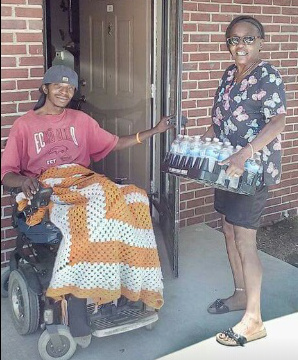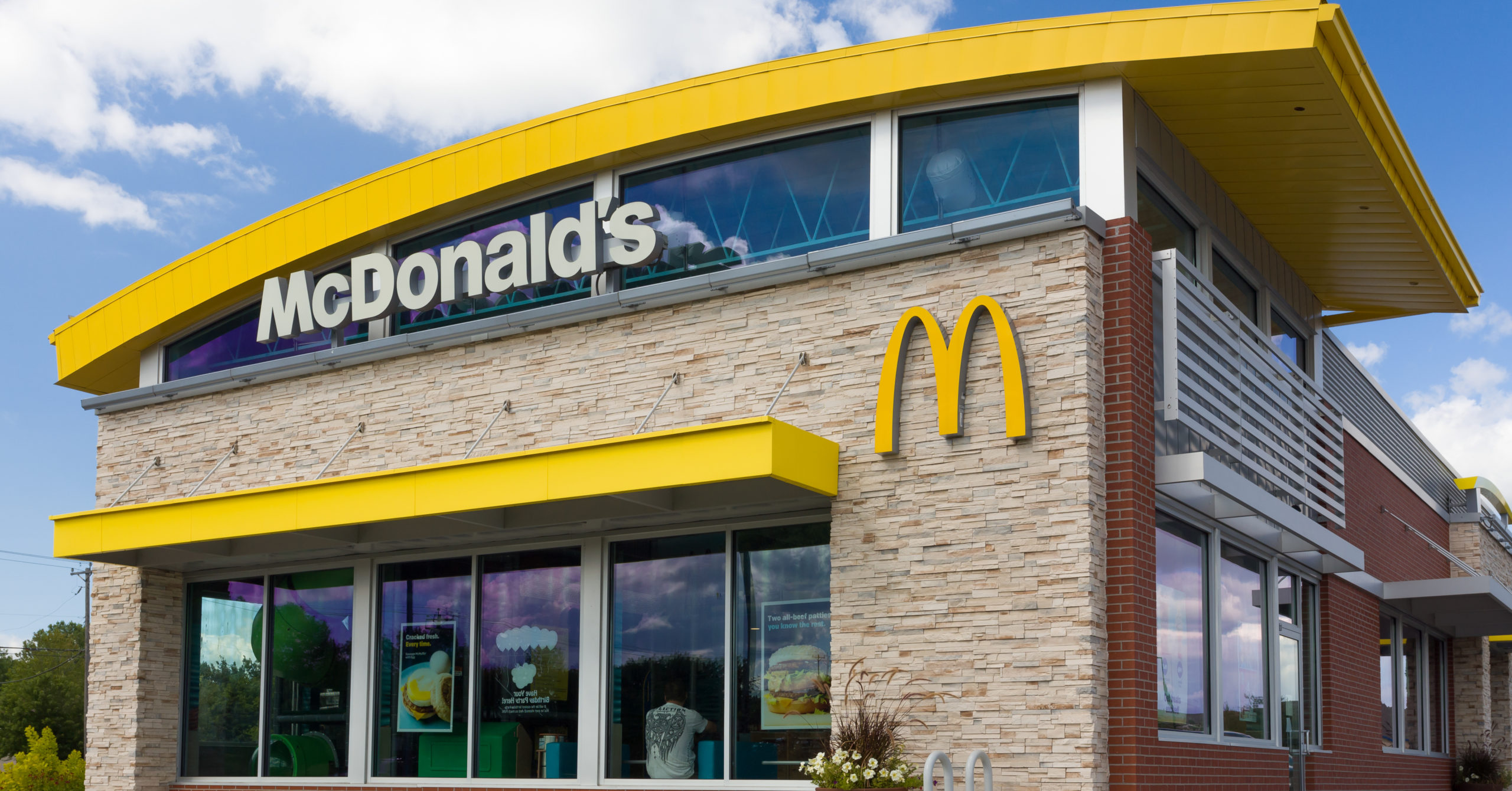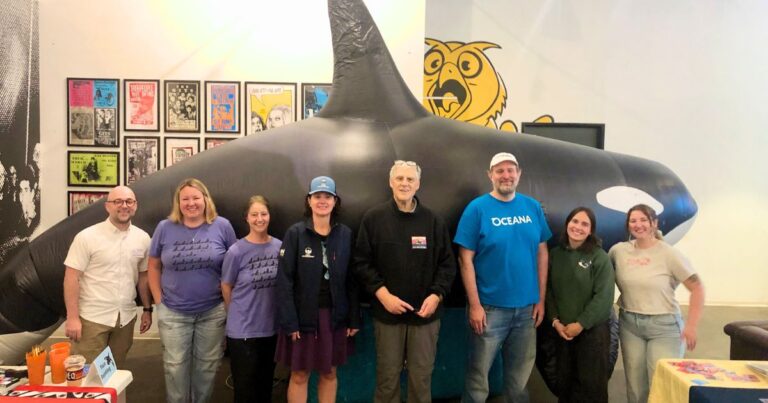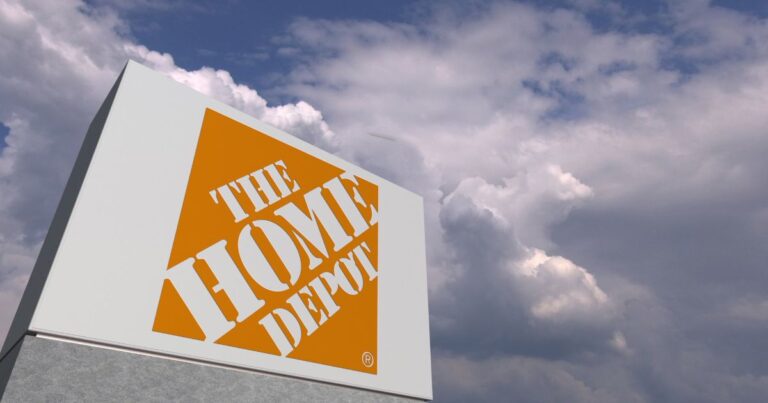Chemical plants that make toxic PFAS used in food packaging can pollute surrounding waterways that provide drinking water. Brenda Hampton is working to protect her neighbors.

Brenda Hampton grew up in Lawrence County, Alabama. She remembers puzzling over the number of dialysis centers that popped up over time. It seemed like they were on every corner like dollar stores. Her own mother was one of many area residents who experienced renal failure and had to undergo dialysis. So Brenda gave her mother her left kidney. Eventually, Brenda developed problems with her remaining kidney.
Now, years later, after learning that the water in her community has been poisoned with PFAS chemicals for decades, Brenda can’t help but wonder about the connection. Is the polluted water related to the kidney problems? What about all the cancer in the area? After the local water authority told residents not to drink the water because tests found high levels of PFAS (per- and polyfluoroalkyl substances), Brenda formed a group called Concerned Citizens of WMEL Water Authority.
What does this have to do with McDonald’s? Well, one reason PFAS are manufactured in Brenda’s community is to make food packaging grease resistant for companies like McDonald’s. A chemical plant owned by a company called Daikin makes PFAS upriver from Lawrence County’s drinking water intake valve—and pollutes the water in the process.
Our recent tests of food packaging from popular chains suggested that McDonald’s packaging is treated with PFAS. For our report, Packaged in Pollution, we commissioned lab tests for fluorine, an indicator of PFAS. The McDonald’s small fry bag, McCafé cookie bag, and Big Mac box all tested positive. McDonald’s sells over a million Big Macs a day. Think of how much PFAS that could release into the environment—both through manufacturing and also when the used packaging goes into a landfill or incinerator. The packaging is used once, but the chemicals last forever in the environment.
So we teamed up with Brenda to launch a Change.org petition to McDonald’s.
Together, we can stop McDonald’s from using grease-resistant packaging that pollutes drinking water and our environment. Will you give it a read and consider adding your name? Over 70,000 people have already signed it!
We’re urging McDonald’s to ban all PFAS chemicals from its packaging. Alternatives are available and other chains like Chipotle, Taco Bell, and Sweetgreen have already made this commitment. But McDonald’s has so far failed to act. Let’s make sure McDonald’s sets this important new precedent as the world’s largest fast-food chain. If they do, it will send ripples through the whole industry!
And if we can stop the Daikin plant from polluting the water with toxic PFAS, communities like Brenda’s will be much safer.
Please read and sign the petition to McDonald’s on Change.org today!





